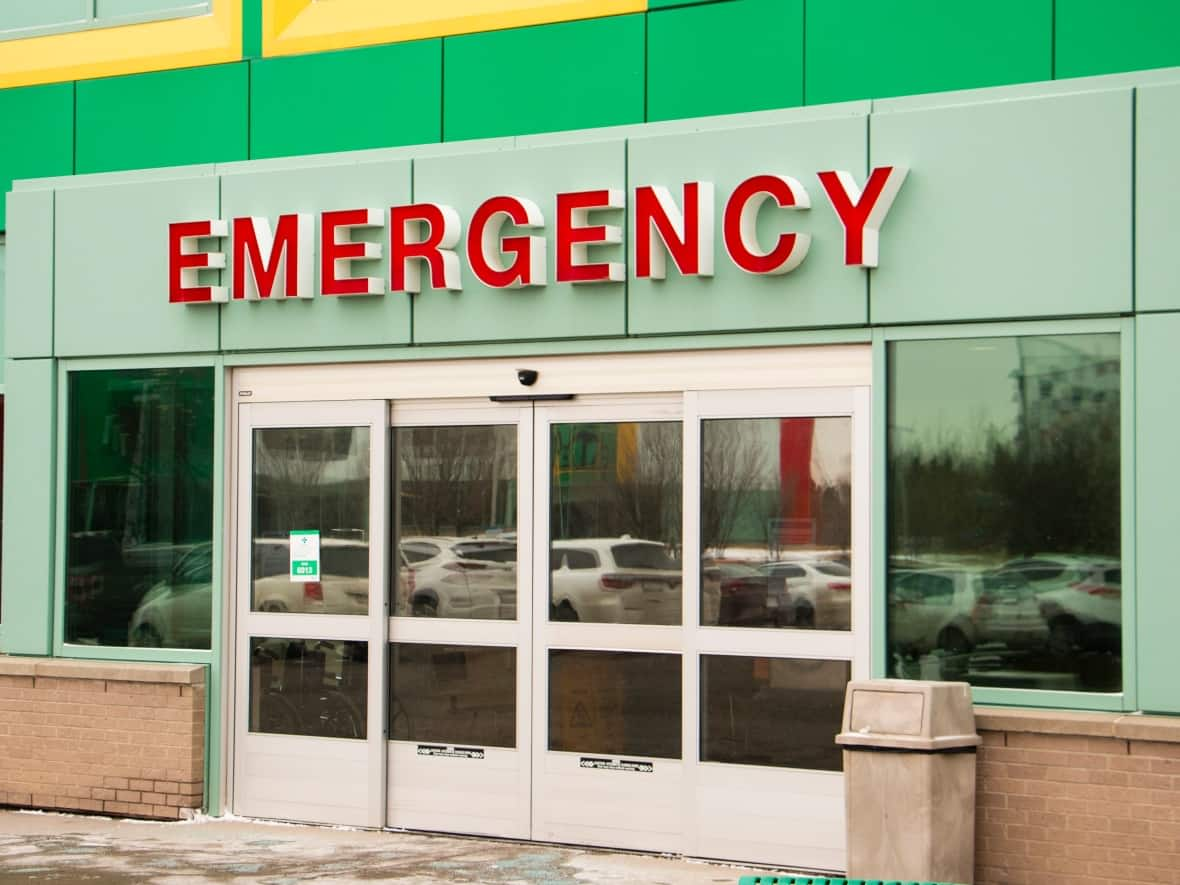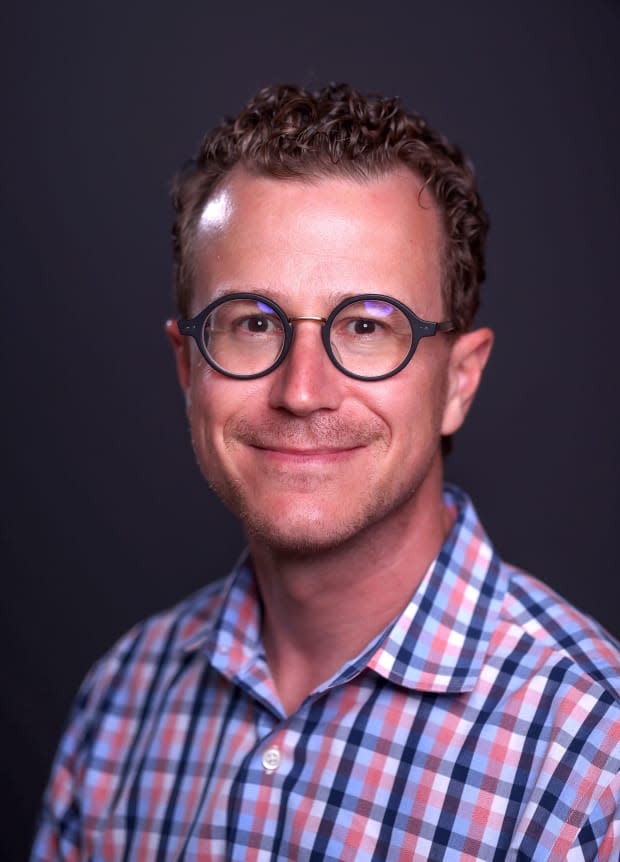Frontline burnout a growing concern as Alberta hospitals battle trio of viral illnesses

Alberta doctors say burnout is on the rise as a tsunami of respiratory viruses, that has hit children particularly hard, continues to put intense pressure on hospitals.
The Alberta Children's Hospital in Calgary has been battling an unprecedented surge in respiratory illnesses, including influenza, RSV and some COVID-19 for several weeks and it continues to see above average ER visits and admissions.
"It is exhausting," said Dr. Chris Andrews, a member of the pediatrics section at the hospital.
According to Andrews, physicians and resident physicians are taking on extra shifts and working extra hours to try to keep up.
"Our focus has been trying to ensure that we don't have too many patients under one person to make sure that it's safe, to make sure that the kids get the best timely care ... So our goal has been adding more people where possible."

But that comes at a price.
"There is a lot of burnout in our group right now. And there's a lot of concern that it's not sustainable in the long term," he said.
"I do have concerns that if people don't get the rest they need over the holidays that we're going to have more people starting to re-evaluate and starting to decide, is this the right thing for them to be doing?"
There are some early signs influenza cases might be starting to drop in Alberta. But it is unclear if that trend will last and, according, to Alberta Health Services (AHS), the pressure on Alberta Children's Hospital remains high.
Inpatient units are operating at over 100 per cent capacity and the pediatric intensive care unit is hovering just under 100 per cent.
"We acknowledge that our frontline staff and physicians are tired. They are extremely busy as we work through this unprecedented respiratory illness season," AHS spokesperson Kerry Williamson said in a statement.
Speaking on CBC News Network on Monday, Canadian Medical Association president Dr. Alika Lafontaine addressed the crisis in Canada's pediatric hospitals and the toll it is taking on frontline staff.
"We have pediatric services that were underfunded and experienced cuts over years. We had very little bandwidth to deal with any sort of spike and crisis ... And the system can't cope," he said
"As a result, all of that stress is travelling downhill onto the shoulders of providers and onto the shoulders of families. And it's too much to bear at times."
Adult hospitals also impacted
The crisis is playing out at the hospital in Grand Prairie where Lafontaine works, too.
"You have staff who are struggling to provide care because they care a lot for the people that they see day to day. You see families struggling to find access into the hospital system ... The burden on everyone is very heavy."
Adult hospitals — already under strain after nearly three years of the pandemic — are seeing an uptick of patients with the same respiratory illnesses that has filled childrens' hospitals, according to doctors.

"We just don't have that extra capacity and suddenly we need it," said Dr. Shannon Ruzycki, a general internist at both the Foothills Medical Centre and the Rockyview General Hospital in Calgary.
With patient numbers rising again, she said the Foothills hospital recently added another specialist on her unit. She's been called in to work the week before Christmas and she's had to cancel her outpatient clinics as a result.
"It's a lot of chaos," Ruzycki said.
"You always think, 'OK I can do one more day of this, OK I can stay late today. I can see more patients today.' But it's like year three, right? I can't live like this."
Ruzycki, who is the associate chair for physician vitality and wellness in the department of medicine at the University of Calgary, said workdays are often 12 hours long which makes restorative activities such as spending time with family and exercising difficult.
She's hearing from colleagues with similar stories through her department's peer support program.
"We just have too many sick people for the health-care capacity that we have. And we just can't do as good a job, as safe a job, as compassionate a job as we all [want] to do," she said
Ruzycki is pleading with Albertans to wear masks in public and to get vaccinated against influenza and COVID-19 in an effort to curb transmission and relieve the pressure on hospitals.
"We need to decide as a society how we want our health-care system to function. Do we want to have people waiting 16 hours for health care? Do we want to be triaging children to say, 'OK you're not going to go to ICU even though we want them to?" she said.
"Please, please, please wear a mask. Please get vaccinated. Please be careful about seeing people when you're sick."


